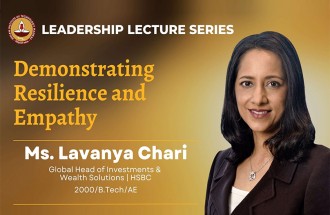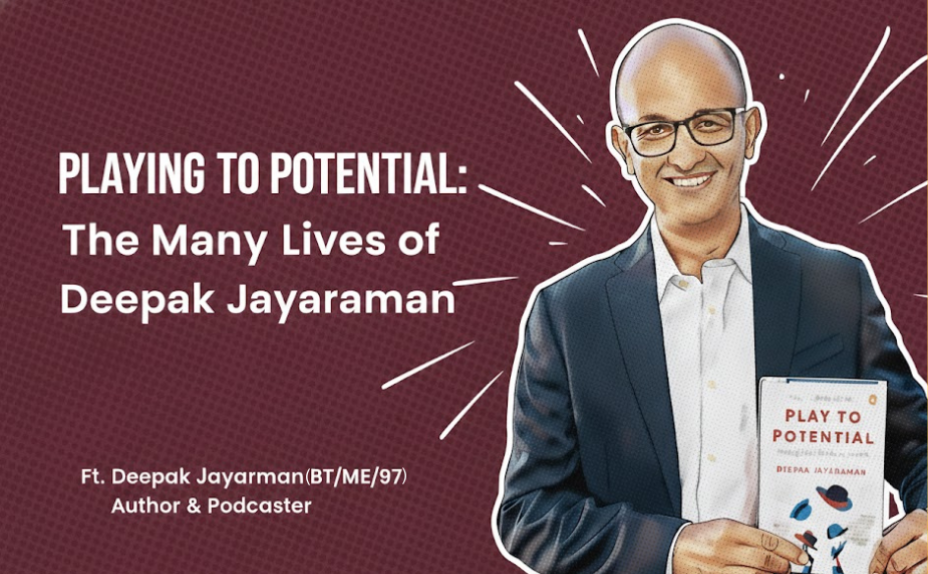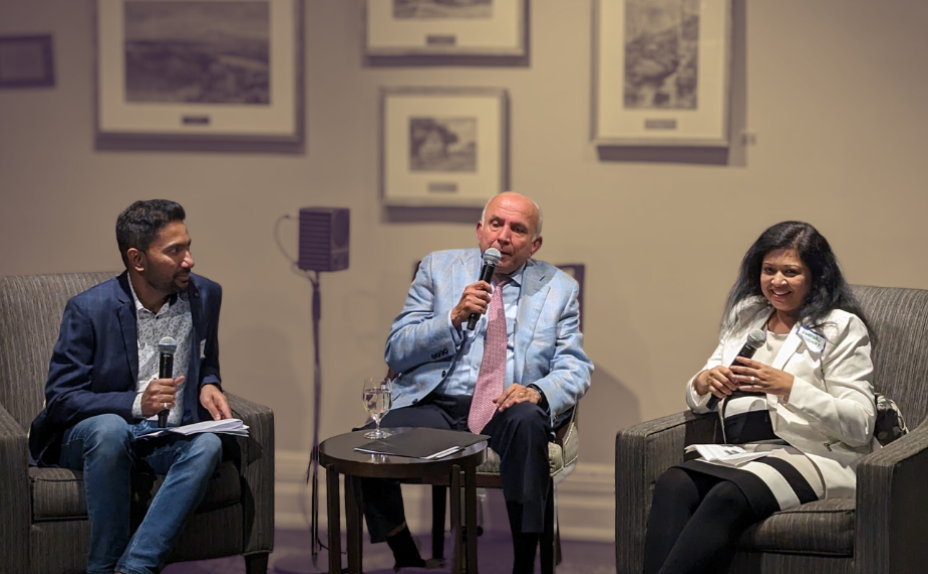
Science, technology, and the human condition
During the past few centuries, developments in science and technology have enabled spectacular advances in various fields such as transportation, communication, health care, and computation. A galaxy of scientists and sages have come and gone. However, violence against communities, countries, women, etc. has continued unabated. Millions of people live in abject poverty, and over two billion lack access to safe drinking water and proper sanitation. Is there any hope that things will improve in the future? Or are sorrow and joy, pain and pleasure, two sides of the coin, like day and night? This brings us to a deeper question. Is the world as we perceive it in our waking state real, or only as real as a dream appears to a person who is asleep? The views of Ramana Maharshi (1879-1950), a mystic who lived in South India, appear to support the latter, as indicated below by a conversation between a devotee (D) and Ramana (R).
D: “There are widespread disasters spreading havoc in the world, e.g. famine and pestilence. What is the cause of this state of affairs?”
R: “To whom does all this appear?”
D: “That won’t do. I see misery all around.”
R: “You are not aware of the world and its suffering in your sleep; you are conscious of them in your wakeful state. Continue in that state in which you were not afflicted by these. When you remain as the Self, as in sleep, the world and its sufferings will not affect you. Therefore look within. See the Self! There will be an end to the world and its miseries.”
D: “But that is selfishness.”
R: “The world is not external. Because you identify yourself wrongly with the body you see the world outside, and its pain becomes apparent to you. But they are not real. Seek reality and get rid of this unreal feeling.”
Does science refute the views of Ramana Maharshi, or endorse them? In the former case, are we like pendulums perpetually swinging helplessly between hope and despair, pleasure and pain? Is science ever likely to provide a holistic understanding of the human condition? In the latter case, are we indulging in “endless experiment, endless invention” as T.S. Eliot put it, only to pursue mirage-like objects? I invite you to share your views.
Reference: Talks with Ramana Maharshi, 4th ed., Sri Ramanasramam, Tiruvanna malai (1968).
Kesava Rao
B.Tech, chemical, 1977
Bio:
K. Kesava Rao graduated from IIT Madras with a B.Tech in Chemical Engineering in 1977. Subsequently, he obtained M.S. and Ph.D. degrees in the same field from the University of Houston in 1979 and 1982, respectively. After a brief stint as a post-doctoral fellow/half-time lecturer at Princeton University, he joined the Department of Chemical Engineering, Indian Institute of Science, Bengaluru in 1983. Mr. Rao taught there till his retirement in 2021. His research work was mainly in the areas of the flow of granular materials such as sand and glass beads, and the removal of excess fluoride from drinking water.






